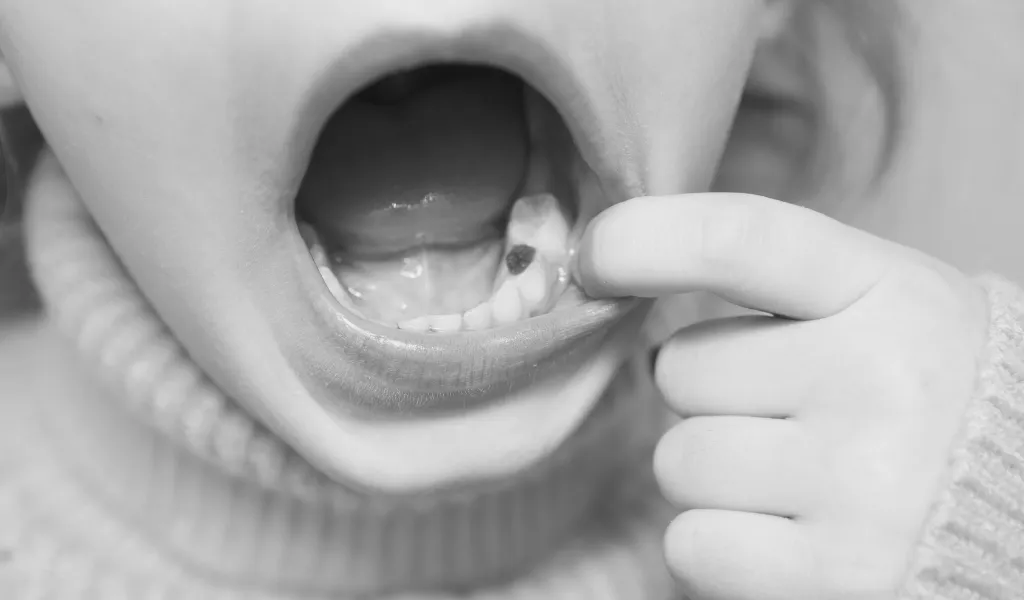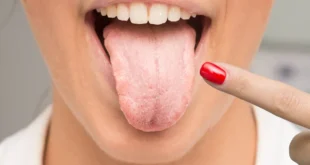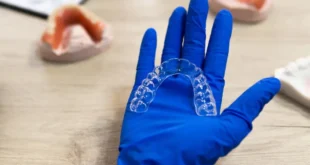Wondering about the longevity of dental fillings? Let’s dive into the details of how long teeth fillings last, the different types available, signs that your filling may need replacing, and when to seek dental care.
Duration of Fillings:
The lifespan of dental fillings varies depending on several factors, including the type of filling material used, the location of the filling in the mouth, oral hygiene practices, and individual habits such as teeth grinding or clenching. On average, amalgam fillings can last up to 10-15 years, while composite fillings typically last around 5-7 years. However, with proper care, fillings can often last much longer.
Types of Fillings:
There are several types of dental fillings available, including:
- Amalgam (silver) fillings
- Composite (tooth-colored) fillings
- Gold fillings
- Ceramic fillings
Each type has its own advantages and disadvantages in terms of durability, aesthetics, and cost.
Are There Any Signs That My Filling Needs to be Replaced?
Some common signs that your filling may need replacing include:
- Pain or sensitivity when biting down
- Discoloration or staining of the filling
- Cracks or chips in the filling
- Rough edges or uneven surface
- Recurring decay around the filling
If you experience any of these symptoms, it’s essential to consult your dentist for an evaluation.
When to Replace:
Dental fillings may need to be replaced if they become worn, damaged, or fail to provide adequate protection for the tooth. Your dentist will assess the condition of your fillings during regular check-ups and recommend replacement if necessary.
Impact of Diet:
Your diet can also affect the longevity of dental fillings. Avoiding hard, sticky, or overly sugary foods can help prevent damage to fillings and reduce the risk of decay around the restoration. Opt for a balanced diet rich in fruits, vegetables, and lean proteins to support overall oral health.
Alternatives to Traditional Fillings:
In addition to traditional fillings, there are alternative treatments available for restoring teeth, such as:
- Dental crowns
- Inlays and onlays
- Dental bonding
- Porcelain veneers
These options may be recommended depending on the extent of damage to the tooth and your individual needs.
When to See a Dentist:
Regular dental check-ups are crucial for monitoring the condition of your fillings and overall oral health. If you experience any symptoms indicating a problem with your fillings, such as pain, sensitivity, or visible damage, schedule an appointment with your dentist promptly.
In conclusion, the durability of dental fillings depends on various factors, and while they can last for many years with proper care, they may eventually need replacement. By staying vigilant for signs of wear or damage and maintaining good oral hygiene habits, you can help prolong the lifespan of your fillings and preserve your smile for years to come.
 Colombianos en Calgary Colombianos en Calgary
Colombianos en Calgary Colombianos en Calgary






